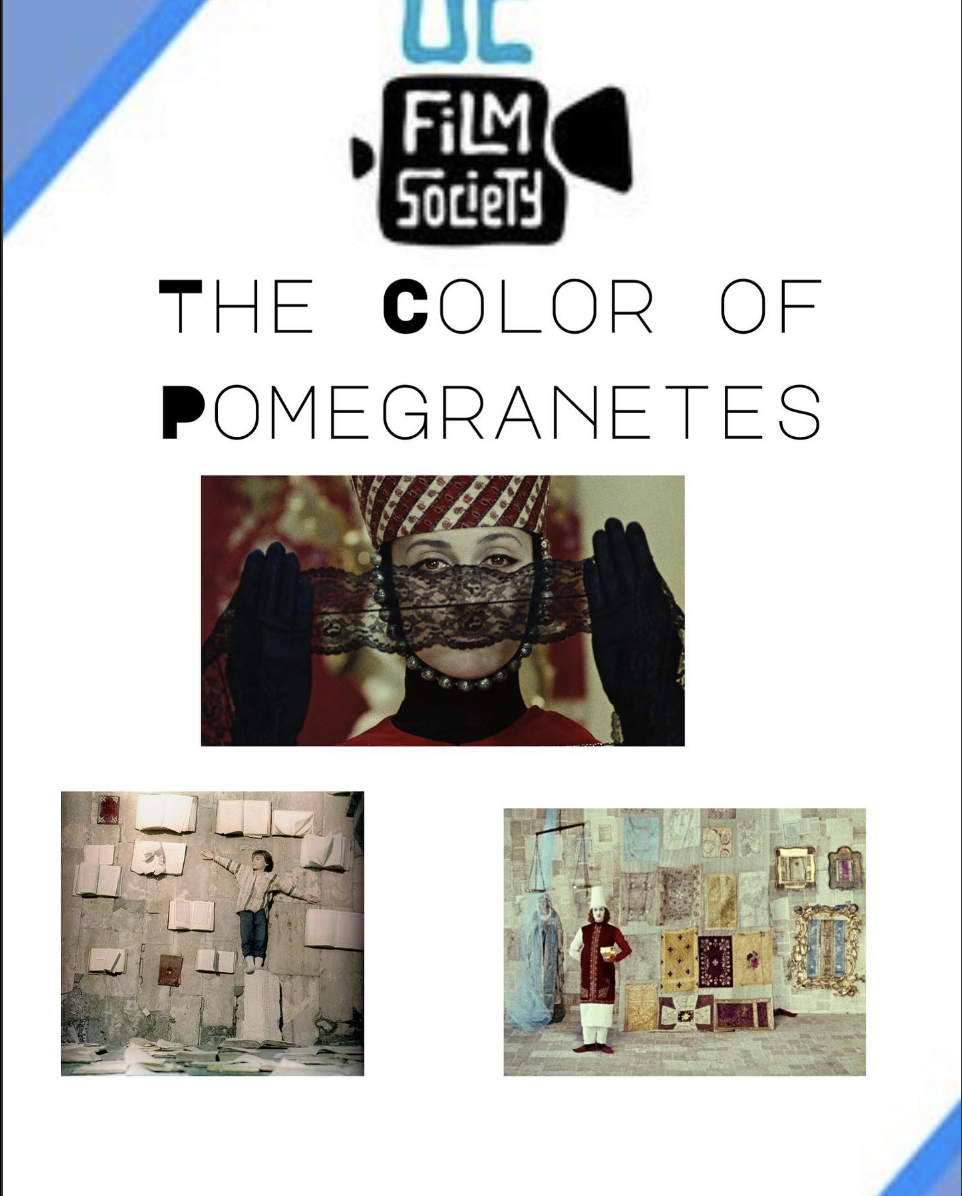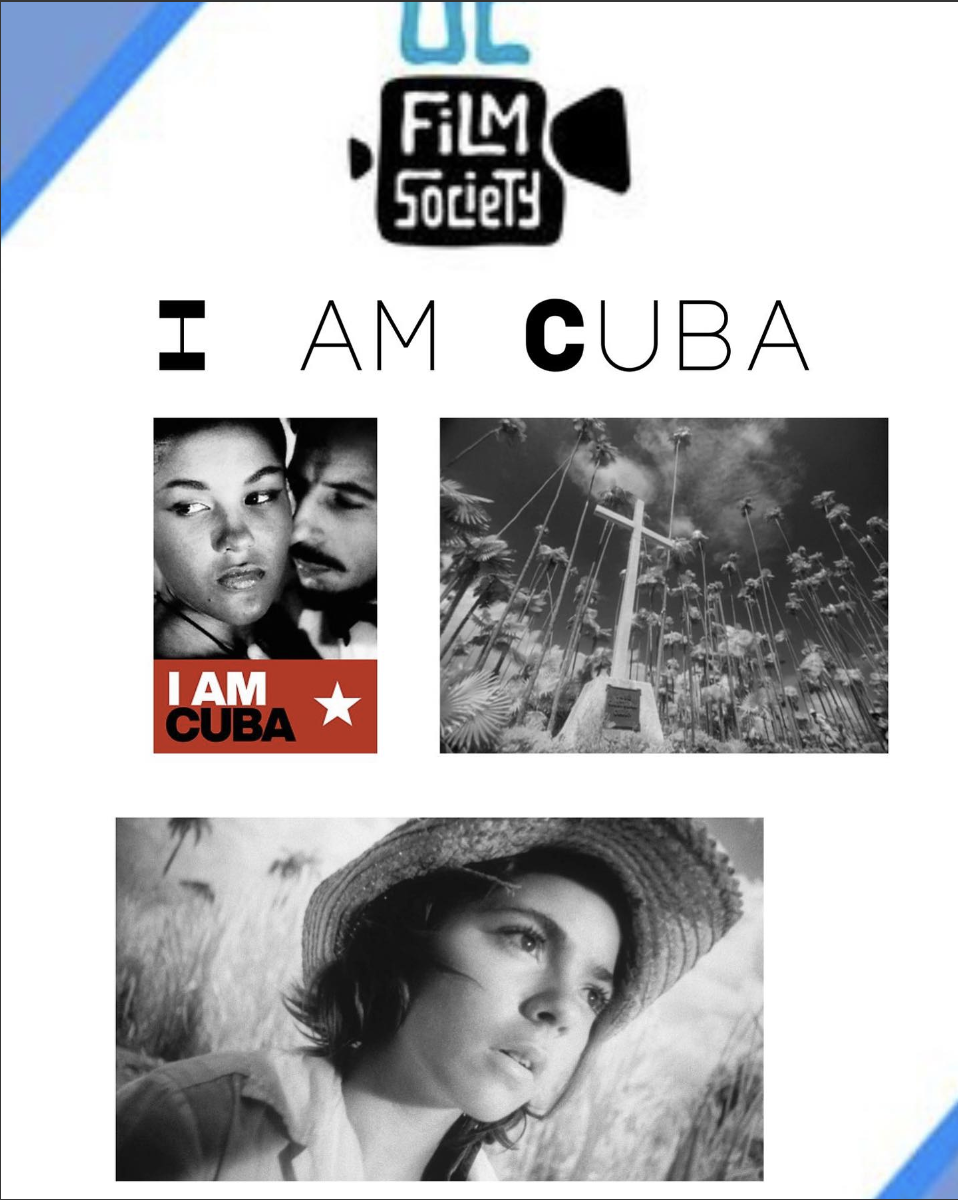UC Film Society’s Soviet Cinema Screenings
By Peter Searles
Mikhail Kalatozov… Sergei Parajanov… Andrei Tarkovsky…
They might not be household names, but this semester they’re gaining a cult following here on campus thanks to the UC Film Society’s fortnightly screenings of classic soviet cinema.
The screenings were instigated by Film Society Vice President Benjamin Yeo, whose interest in arthouse and foreign films makes him the ideal student to narrow down the filmic output of soviet nations to a selection of highlights. Benjamin feels that these films should be reaching a larger modern audience. And due to the large number of acclaimed films that came from soviet nations throughout the 20th century, he may need to extend the series into semester 2.
The series kicked off with a screening of Soy Cuba, a political drama anthology film from 1964 by Georgia-born Director, Mikhail Kalatozov. Through a series of distinct stories, the film portrays life in Cuba during the 1950's revolution sparked by Fidel Castro against the Batista government, which led to Communist Party rule in the country. The viewer is invited to sympathise with Cuban citizens living in poverty, having their land seized by the government and falling victim to indiscriminate bombing aimed at quashing the insurrection. We then can’t help but cheer along with the heroic uprising of the Cuban people against their government. It’s a propaganda film, but in discussions between students at the screening, it was pointed out that the same can be said for many Hollywood films that have focussed on hard-won victories of the US military. And putting the political messages aside, the audience agreed that the film’s long and complex takes displayed some of the most impressive cinematography they’d seen in a long time.
Next in the series was another visually striking film: the 1969 surrealist work, The Colour of Pomegranates, directed by Sergei Parajanov. It’s a biopic of the 18th-century Armenian poet, Sayat-Nova. Parajanov preferred to take a visually poetic approach to portraying Sayat-Nova’s life, rather than a literal one. The result is a series of moving tableaux that combine rich colour with intricate costume and make up into complex arrangements, symbolically depicting the poet’s life in eight chapters.
The Colour of Pomegranates sparked a variety of reactions from the audience, with some picking up on subtle narrative progression throughout the film and others (like me) who detected nothing in the way of story and watched purely to enjoy the film’s gorgeous visuals.
As well as lively discussion, attendees have brought along hot drinks to share and hatched plans to make the lecture chairs more comfortable with pillows and blankets. The series continues on the 28th of March with the epic drama Andrei Rublev, directed by the Russian master, Andrei Tarkovsky.
The UC Film Society’s Soviet Cinema Screenings take place fortnightly on Thursdays, starting at 7pm in lecture theatre 2B9. Don’t miss this semester’s remaining screenings:
11th April - The Red and the White (1967), directed by Miklós Jancsó
25th April - The Cranes are Flying (1957), directed by Mikhail Kalatozov


